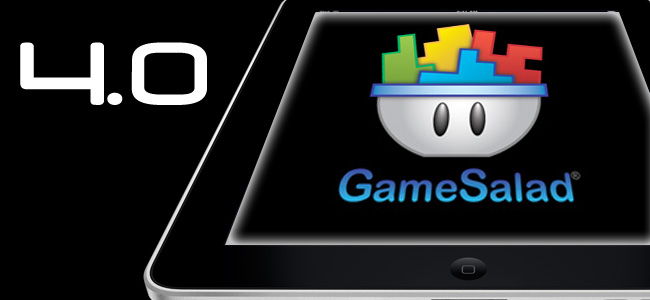Apple’s iPhone OS 4.0 is due to hit sometime this summer — we’re guessing to coincide with the possible June unveil of the next iPhone. With the reveal of the software back in early April, many were left smiling: multi-tasking, background apps, Gamecenter, location services, etc. All of these added features (hundreds, we’re told) will help create apps that can better serve the users, and should mean a boom for development.
Why, then, did Apple drop a clause in their latest SDK that limits development of apps in any non-Apple environment? The clause in question (3.3.1) bans developers from calling non-Apple APIs:
Objective-C, C, C++, or JavaScript as executed by the iPhone OS WebKit engine, and only code written in C, C++, and Objective-C may compile and directly link against the Documented APIs
Essentially, apps must be written from scratch in Apple’s specific programming language. What this basically means is that companies like Adobe cannot use compilers to create iPhone apps out of Flash-based ones, and web-based “quick apps” may become obsolete. Granted, it is still possible to create applications in 3rd party software, as long as that software compiles in Objective-C from the ground up. Apple states that this is because development in non-Apple approved software languages may be sluggish and may hamper the experience on the products.
Capiche?
While this seems like a hefty blow to those who may have been developing apps using outside means, one company that is bucking the trend and may have found a method around the agreement is Gendai Games, with their popular GameSalad game creation tool.

GameSalad, a tool that allows its users to create game software within a drag-and-drop interface, utilizes a method that ports the created software between its native Mac, embeddable web, iPhone and iPad outputs for upload to the iTunes App Store. The games are converted into XCode and then able to be compiled and submitted to the App Store. In their latest community newsletter the team behind the software reiterated that after extensive investigation, including contact with Apple, the tool is not in violation of Apple’s SDK agreement.
Gendai note that they “have been given no reason to expect that games built using GameSalad will be removed or rejected on account of 3.3.1″ and that it should remain”> business as usual for [their] community of developers in regards to publishing their apps on the iPhone and iPad.” Gendai further note that their next few updates to their software (currently in beta) will include provisions that continue to reinforce the ability of GameSalad to publish to the App Store.
Upon contacting the company, they had no further information that they could give us concerning the issue or how they were able to circumvent what many other development tools have failed to do so.
Regardless, this is promising news for the budding tool and those similar to it as app development may still continue for the users in their communities. Perhaps Adobe should adopt a similar process to keep it out of Apple’s crosshairs.
[via GameSalad]


No Comments